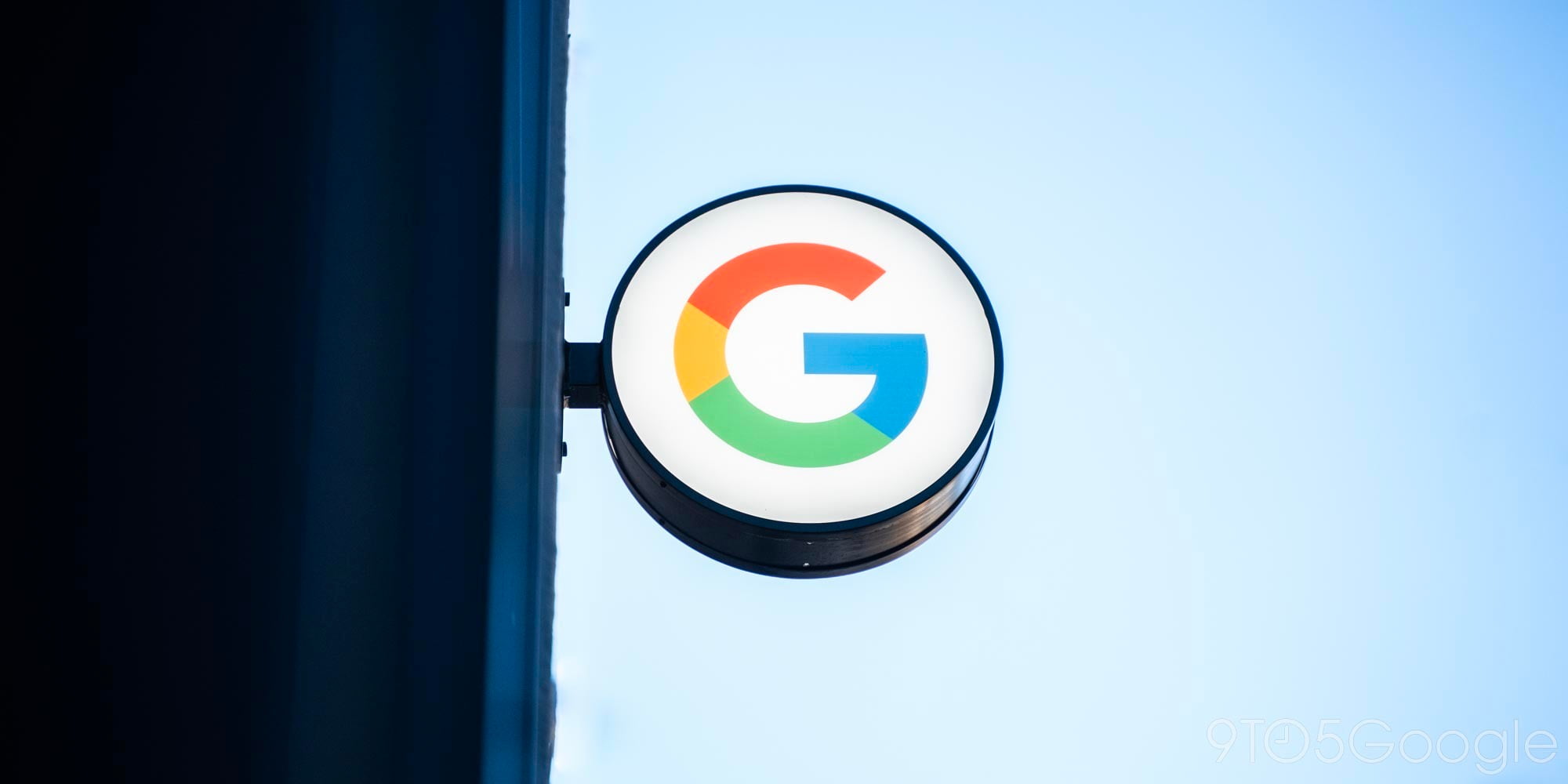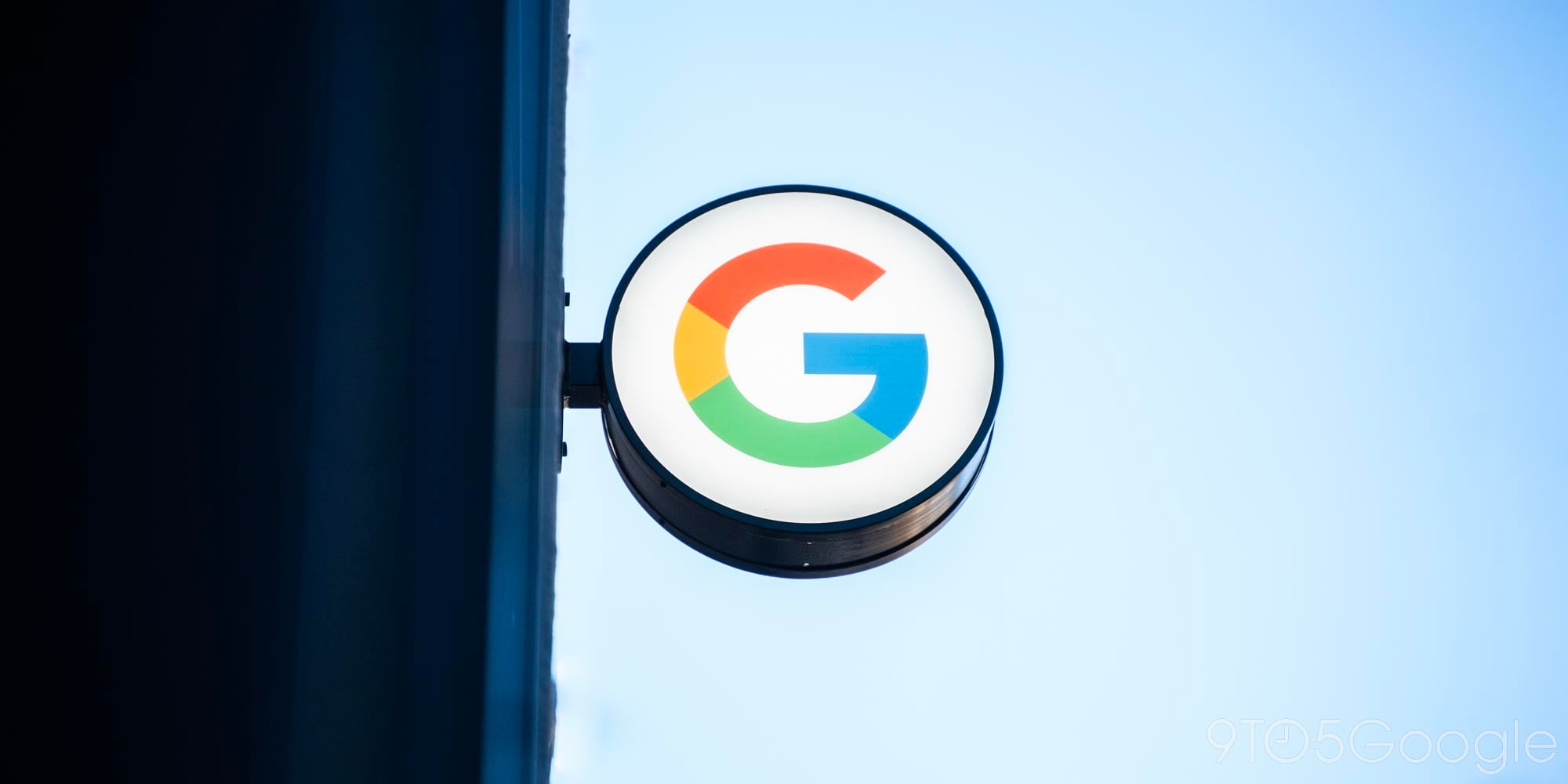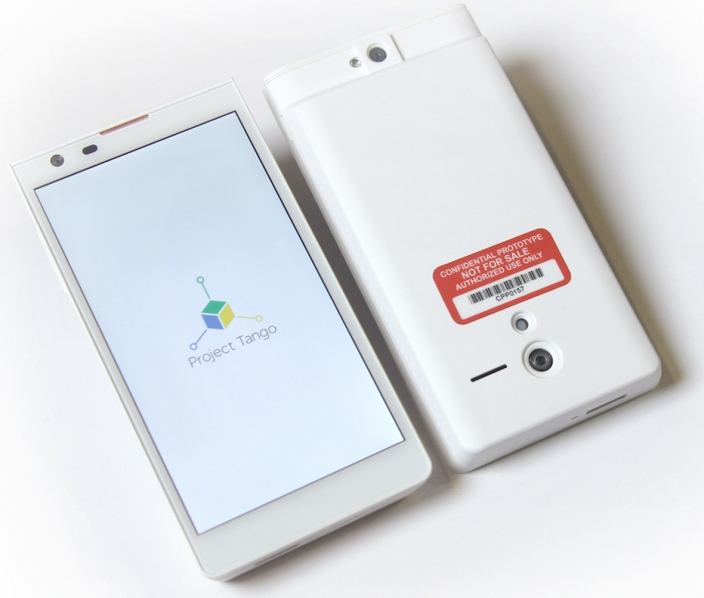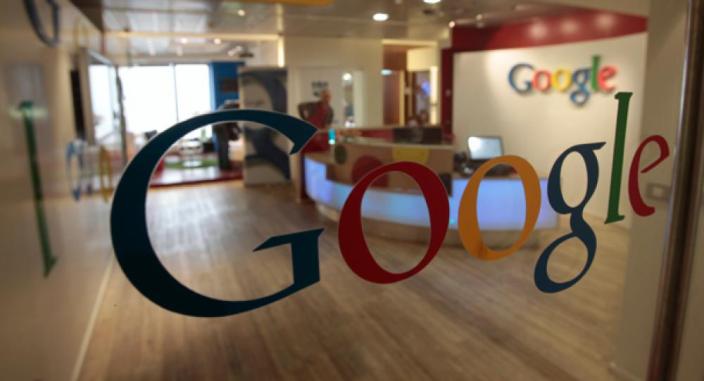Google Glass taking a trip to the International Space Station next week for flatworm study

Google Glass has been picking up news a lot more lately, with Google’s Eric Schmidt saying recently that the Mountain View corporation is taking its time bringing the device to a consumer release, and suggesting that when that happens Glass will be some sort of reimagined 2.0 revision. But the fact that Google’s in no rush to release the device’s next version isn’t stopping other companies from continuing to experiment with the technology, namely Kentucky Space, which plans to bring the wearable computer to the International Space Station (via Glass Almanac) as part of a mission launching (literally) next week.




